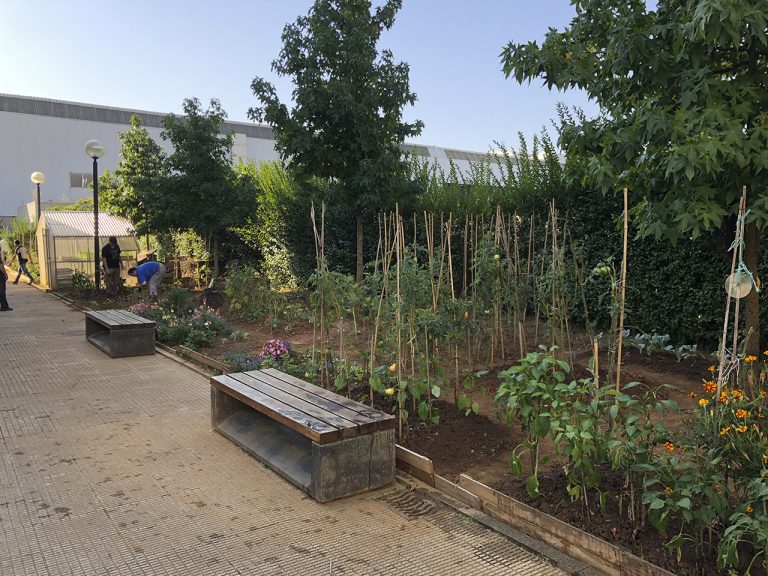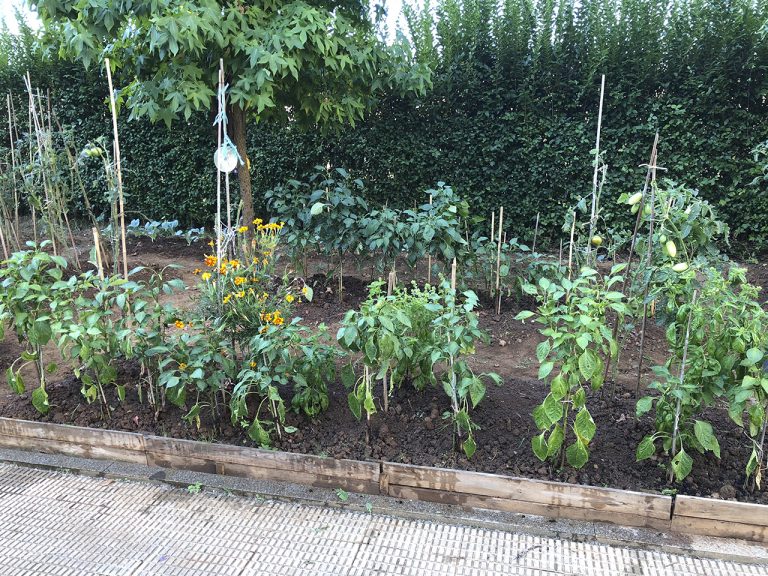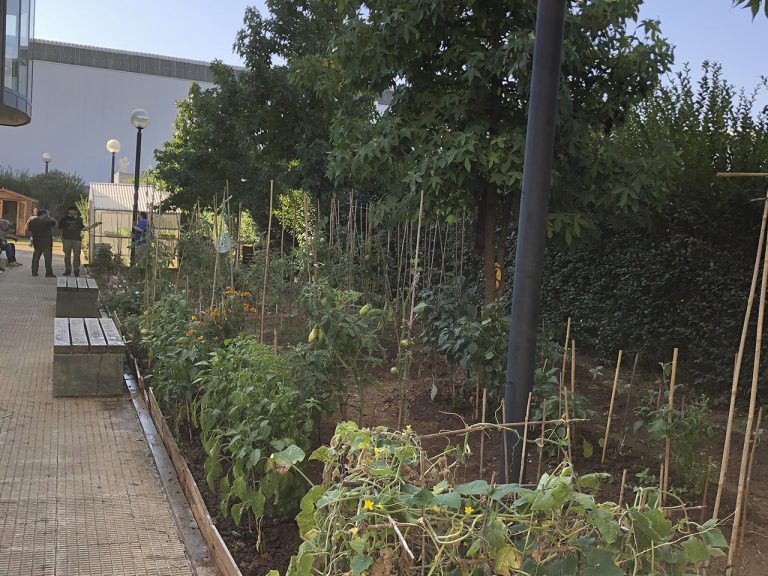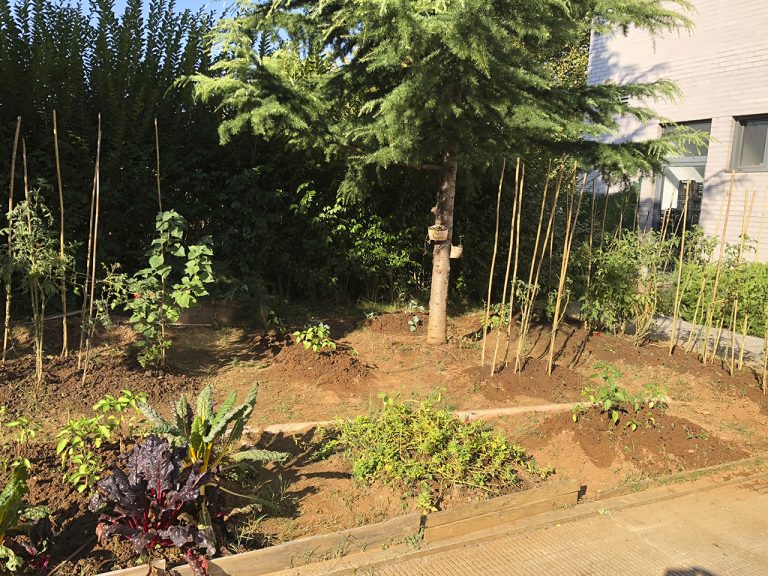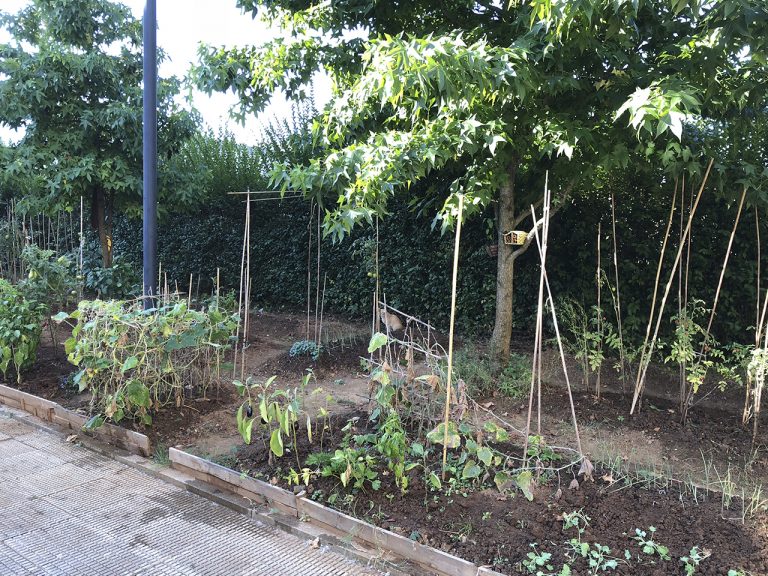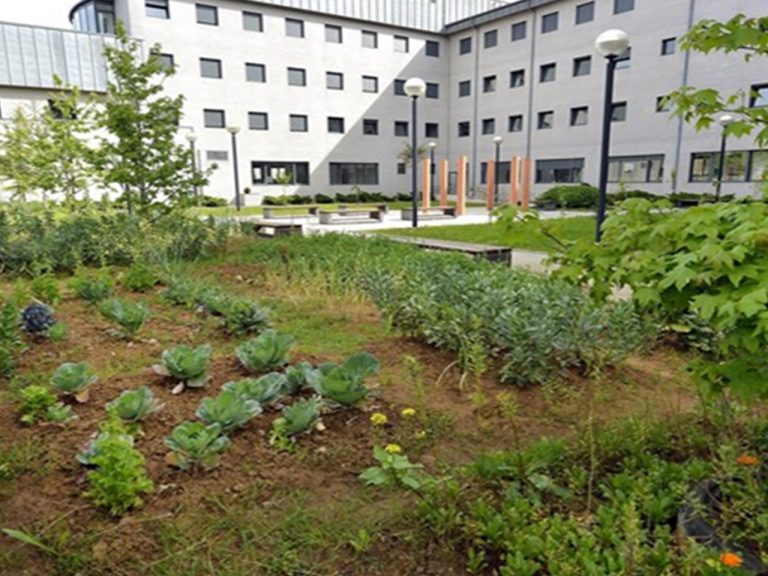Introduction
Albergue Princesa Letizia is a publicly managed shelter for people at risk of social exclusion located in Santander.
The gardens of ‘Princess Letizia’ were launched in 2011 to promote the employment of users of the center with low qualifications, limited work experience and difficulties in accessing a job.
With this program, they acquire basic skills that facilitate their social interaction and work skills, and obtain knowledge to develop themselves.
The purpose of Princesa Letizia is twofold: the main objective is to provide accommodation for people in transit for a short period of time. Additionally, the secondary objective includes planning personalised long-term itineraries for people at risk of social exclusion and who usually reside in the Albergue Princesa Letizia.

 English
English  Deutsch
Deutsch  Español
Español  Svenska
Svenska 
